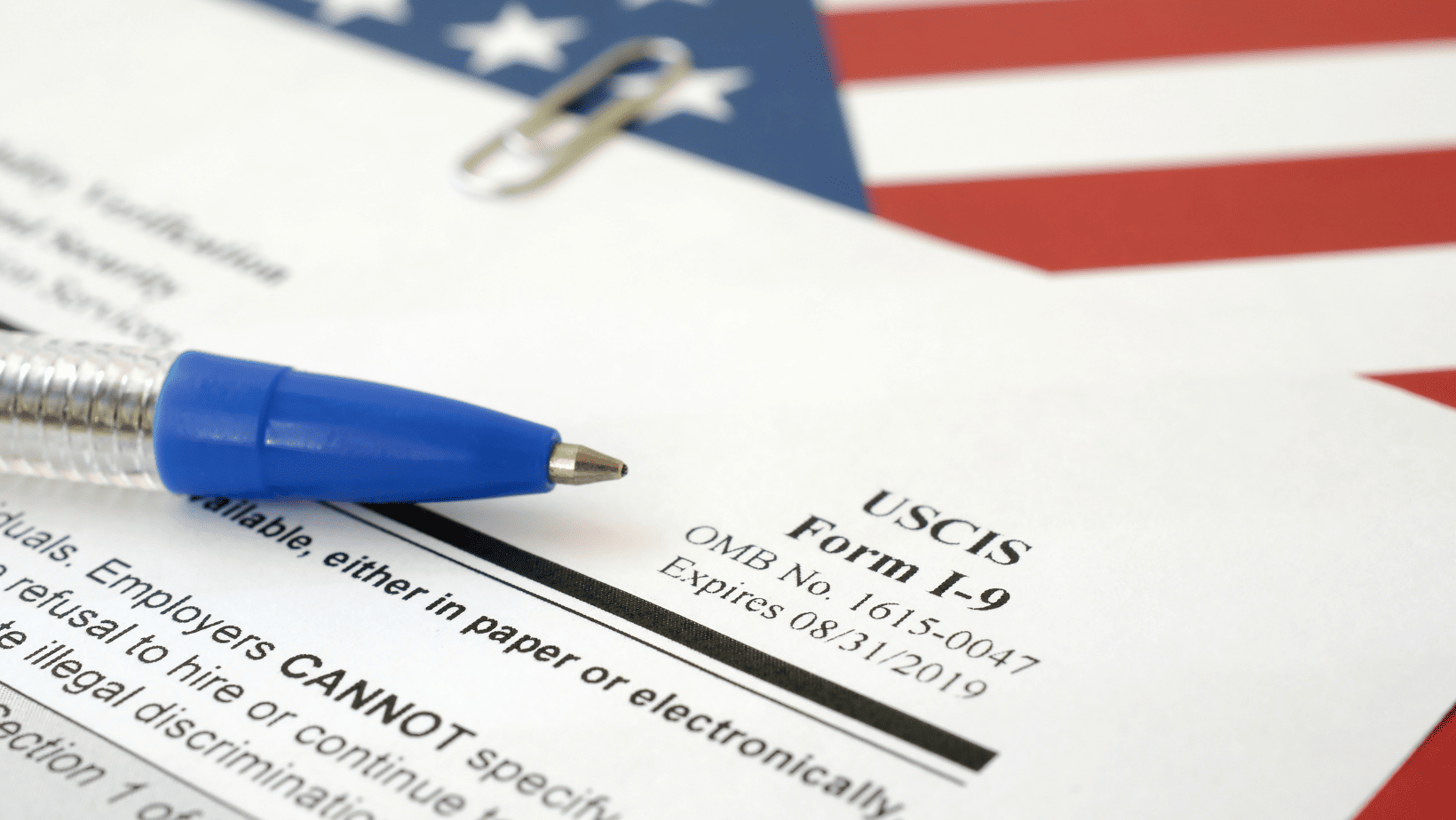A coalition of civil rights groups claimed that the new Alabama immigration laws cleared for enforcement by a U.S. judge should be blocked until a federal appeals court has reviewed legal challenges. The American Civil Liberties Union, Southern Poverty Law Center and other groups had asked U.S. District Judge Sharon Lovelace Blackburn in Birmingham, Alabama, for an order staying application of those laws she deemed enforcible in a trio of Sept. 28 rulings, while the organizations pursue an appeal.
A new ruling has come out which blocks certain key provisions that were mandated in the Alabama law. The ruling however does not affect the law’s requirement that Alabama employers use the federal E-Verify program to determine whether applicants are eligible for hire. The E-Verify requirement will go into effect on Jan. 1, 2012, for employers doing business with the state, and on April 1, 2012, for all other Alabama employers.
The court held that the following provisions of the law may not be enforced pending a final judgment on the overall constitutionality of the law:
1) Provision for stopping unauthorized aliens from enrolling in Alabama public education institutions and requiring any alien attending such institutions to have appropriate visas or LPR papers.
2) Ability to criminalize the application or solicitation of work by an unauthorized alien.
3) Prohibiting occupants of motor vehicles who are stopped on any roadway from hiring, attempting to hire, or picking up passengers to perform work at another location, and prohibit any person from entering a motor vehicle stopped on a roadway for the purpose of being transported to work at another location.
4) a) concealing, harboring or shielding an alien unlawfully present in the United States, or attempting or conspiring to do so; 2) encouraging an unlawful alien to come to the State of Alabama; or 3) transporting (or attempting or conspiring to transport) an unlawful alien being seen as unlawful practices
5) Forbidding employers from claiming as business tax deductions any wages paid to an unauthorized alien.
6) Establishes a civil cause of action against an employer that fails to hire or discharges a U.S. citizen or an alien who is authorized to work while hiring, or retaining, an unauthorized alien.
Of the remaining provisions of H.B. 56 that will be enforced, employers may be particularly interested to know that the law’s requirements that public elementary and secondary schools determine whether enrolling students were born outside the United States or are the children of unlawfully present aliens are enforceable effective Sept. 29, 2011.
Other important provisions that become enforceable effective September 29 are the law’s requirements that Alabama courts refrain from enforcing contracts made knowingly between a party and an unauthorized alien, as well as that it is a felony for an unauthorized alien to enter into a “business transaction” with the State of Alabama or any of its political subdivisions.


